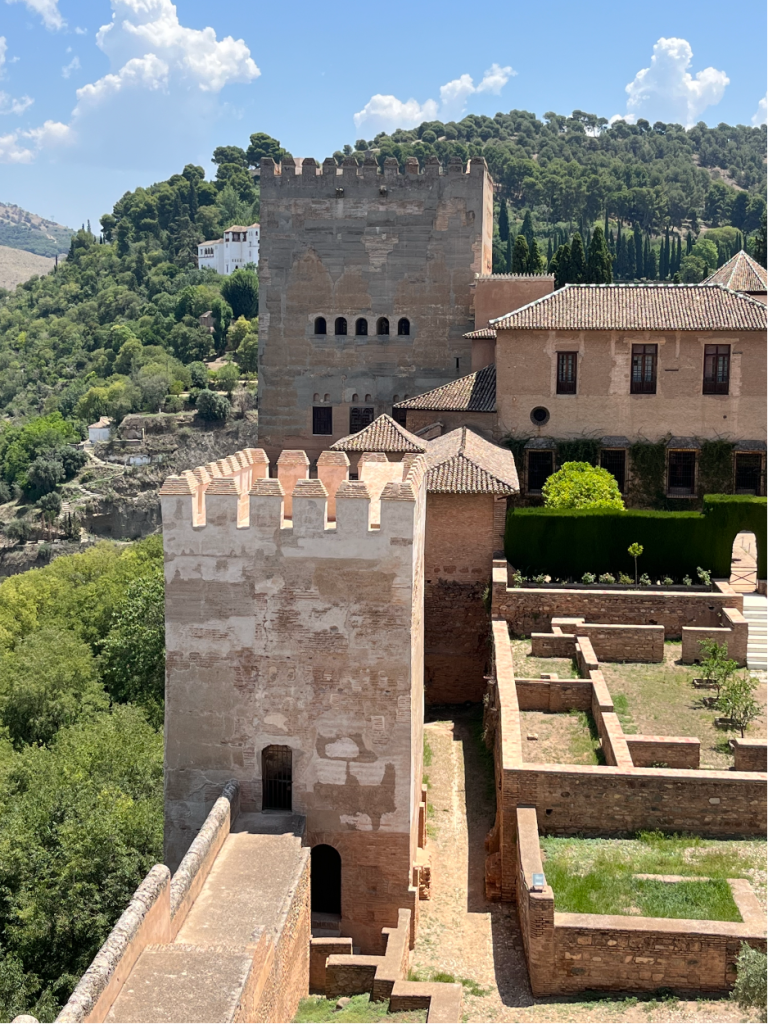Date/Time
Wednesday, May 28, 2025
11:00 am PDT – 12:00 pm PDT

Presented by Rachel Schloss, Doctoral Candidate, University of California, Los Angeles
Hosted by the Early Modern Research Group
Online event via Zoom
To register, please visit: https://ucla.zoom.us/meeting/register/qHytTYlcTiiINu5XzDQiew
Earthen materials have played a critical role in political and social development on the Iberian Peninsula. The unique geology of the Peninsula harbors rich soils, minerals, and clays that have featured in the built environment and material culture of diverse peoples and practices across the region up to the present: Spain and Portugal together are two of the world’s largest exporters of ceramics. Iberian earthen architectural traditions are part of this suite of practices, but their deep importance to cultural and political realities is underexplored.
In this presentation, Rachel Schloss analyzes the social, cultural, and technological history of tapia, a system of rammed-earth building utilized on the Iberian Peninsula from the 11th to 17th centuries CE, from which impressive large-scale structures were built, including the Alhambra in Granada. In particular, Schloss considers how the shifts and changes in the material and construction technology over time were underwritten by political developments and exchange of knowledge as well as shifting relationships with the environment and the earth. As tapia originated in the Near East, Schloss reflects on the question: Is there such a thing as Iberian tapia? Finally, by understanding tapia as a means to sculpt the Iberian built landscape out of earth, Schloss demonstrates how the technology tells a story of the construction of Early Modern Iberian identity into the age of conquest, where Iberians exported earthen practices and values to new places.
Rachel Schloss is a doctoral candidate in the Cotsen Institute of Archaeology, where she studies early modern Andean and Iberian earthen practices, and their roles in shaping built environments and the construction of Inca history. In her doctoral research, Schloss combines methods from Archaeology, Art and Architectural History, Indigenous Studies, and Geology. Additionally, Schloss co-coordinates the Architecture Lab and Architecture Working Group at UCLA. Her research has been supported by UCLA’s Center for 17th- and 18th-Century Studies, Latin American Institute, Cotsen Institute, and the Division of Graduate Education, and by the Social Sciences and Humanities Research Council of Canada, the Society of Architectural Historians, and the Vernacular Architecture Forum.
Image: View of architecture originally built of tapia at the Alhambra in Granada. Photo by Rachel Schloss.

